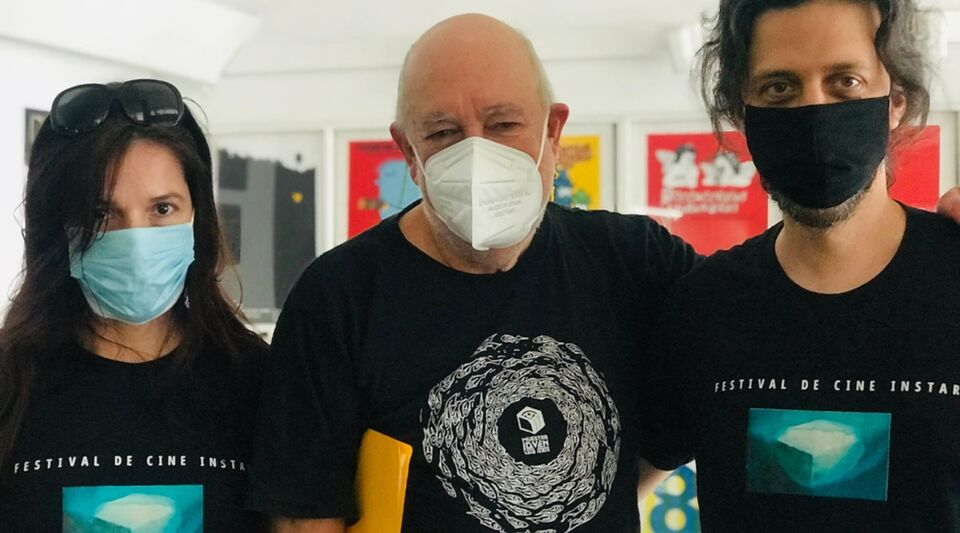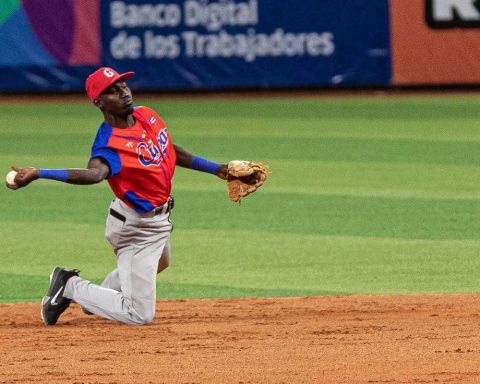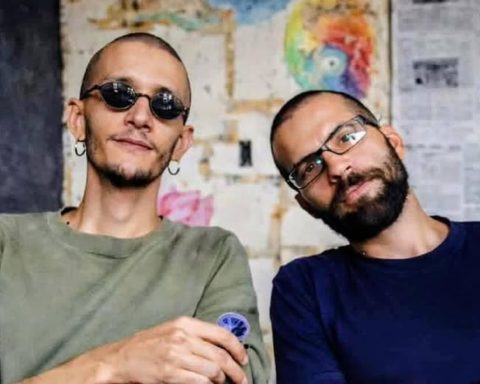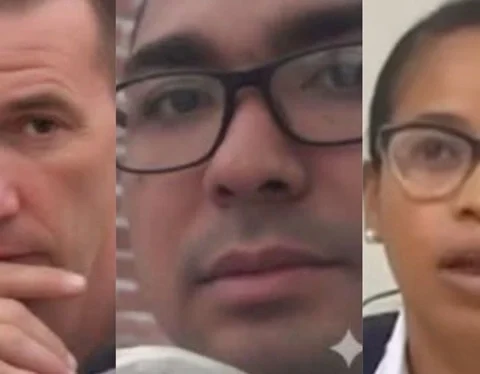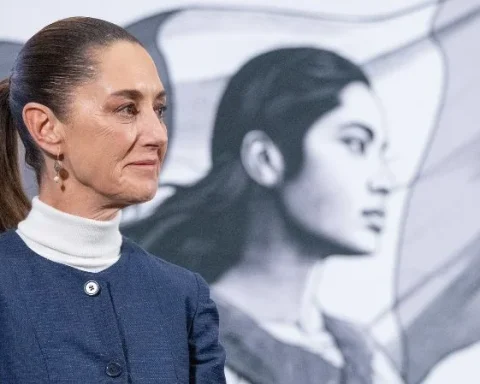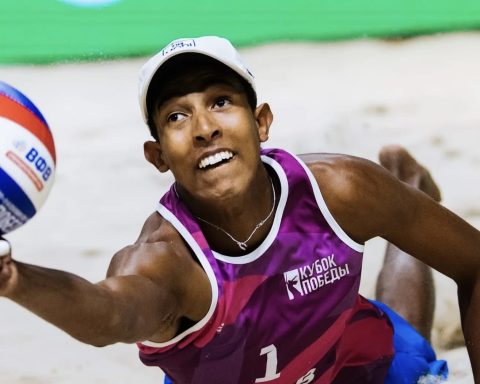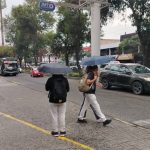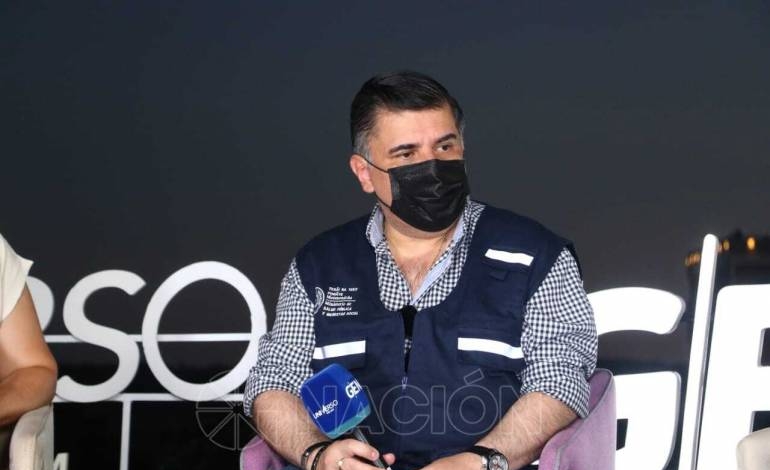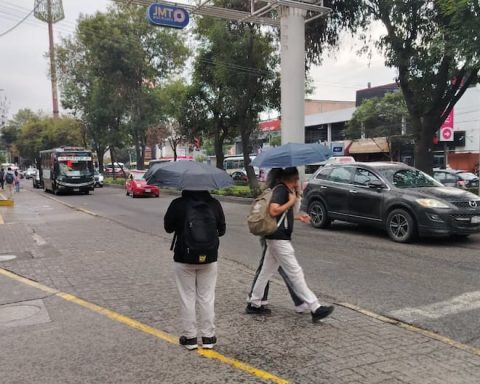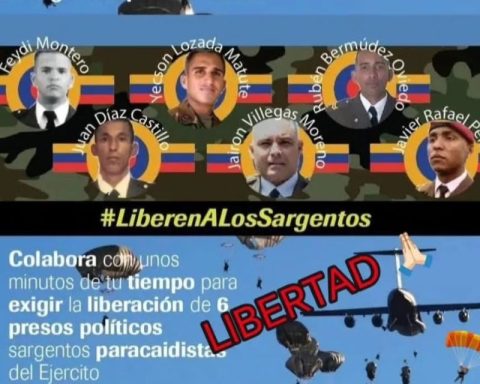The repression on the island frustrated, “with despicable acts of repudiation,” the march of November 15 (15N), events that marked “a before and after in the recent history of Cuba,” the filmmaker Rolando denounced in Havana. Diaz. The creator, who left the country in the mid-90s, spoke to the public who attended the Acapulco cinema on Monday night to see his film Absences Dossier, a Dominican film that has just won the Best Production Award at the Trieste Ibero-Latin American Festival, in Italy.
In his words, he not only rejected the acts of repudiation that took place against the activists who participated in the call for the Civic March for Change of 15N but also sent a message of solidarity to the young filmmakers of the Island who are suffering censorship by state institutions.
“Those without a voice have the right to have it. I consider myself part of the national cinema, especially of what young highly talented filmmakers do and have made such as Carlos Lechuga, Miguel Coyula, José Luis Aparicio, Fernando Fraguela, Carlos Quintela, Heidi Hassan and Patricia Pérez. The last three names are already in exile, “he said during the presentation that was part of the 42nd edition of the New Latin American Film Festival, which takes place in the Cuban capital between December 3 and 12.
Díaz also considered that ignoring “the courage of those who only ask for the right to speak, think differently and demonstrate peacefully” would be “a cowardly act” for not recognizing those truths.
Rolando Díaz said that for him “it is very important” to make this type of “sincere and honest statement” because it is already known “the way the official press behaves”
The director of such well-known films as The birds shooting at the shotgun and In three and twoAt the end of his speech and receiving the ovation from the public, he stated: “I cannot conceive of a country without diverse voices, fear, that fear that I myself have when expressing these ideas now, devours the soul. Those who like cinema know what I’m talking about. Fear devours the soul but dignity is the only antidote to autophagy. “
In statements to 14ymedio this Tuesday, Rolando Díaz said that for him “it is very important” to make this type of “sincere and honest statement” because it is already known “how the official press behaves.”
“I am afraid that my press conference this Tuesday will only be used in terms that I passed by here as one more in the event that participates with a film and that’s it. I reaffirm my statement from yesterday and I want to state that this is my true criteria and my true feeling about my presence in Cuba at this Havana Festival “.
In his presentation at the Acapulco cinema, Díaz insisted that, although he has Spanish nationality and has been living outside the country for 30 years, he is also Cuban and that, since he had not come to the island for a long time, he wanted to make that “kind of statement.” before your audience.
The director said that his relationship with the New Latin American Film Festival “has been controversial” since he left Cuba due to the fact that some of his films made outside the country such as Melodrama, of 1995, “was very mistreated” and its “disclosure was very limited”. Something similar happened with If you understood me, another Cuban-themed film, which was even banned from being shown at the University of Havana in 1999.
“I reaffirm in all my statement of yesterday and I want to state that this is my true criterion and my true feeling about my presence in Cuba at this Havana Festival”
“Then I rolled Closeness, in Miami, a film with Reinaldo Miravalles, Carlos Cruz, many other Cuban actors and it was not selected. I sent it to the Festival and it was not selected. The paths of Aissa, a documentary that I also made in Spain on migration, it was put in an international exhibition of documentary films but it went under the table, “added Díaz in his statement.
Filmmaker Carlos Lechuga thanked Díaz for his words with a post published on his Facebook profile and highlighted “his decency and courage to stand up and say things like they are.” “I admired this director and now I do much more,” he added.
Similarly, actress Lynn Cruz I consider Diaz’s words were very important and he transcribed his speech on his social networks. “Because it is in this space where both institutionalized and independent have been censored, where it is possible to question, criticize, those who, protected by a cultural policy, exclude films, filmmakers, actors and film professionals in Cuba.”
________________________
Collaborate with our work:
The team of 14ymedio He is committed to doing serious journalism that reflects the reality of deep Cuba. Thank you for joining us on this long road. We invite you to continue supporting us, but this time becoming a member of our journal. Together we can continue transforming journalism in Cuba.
